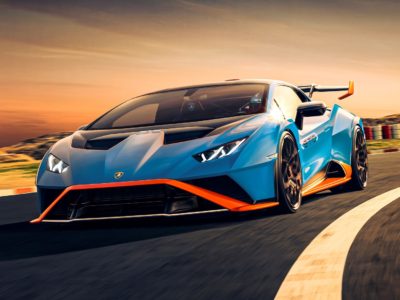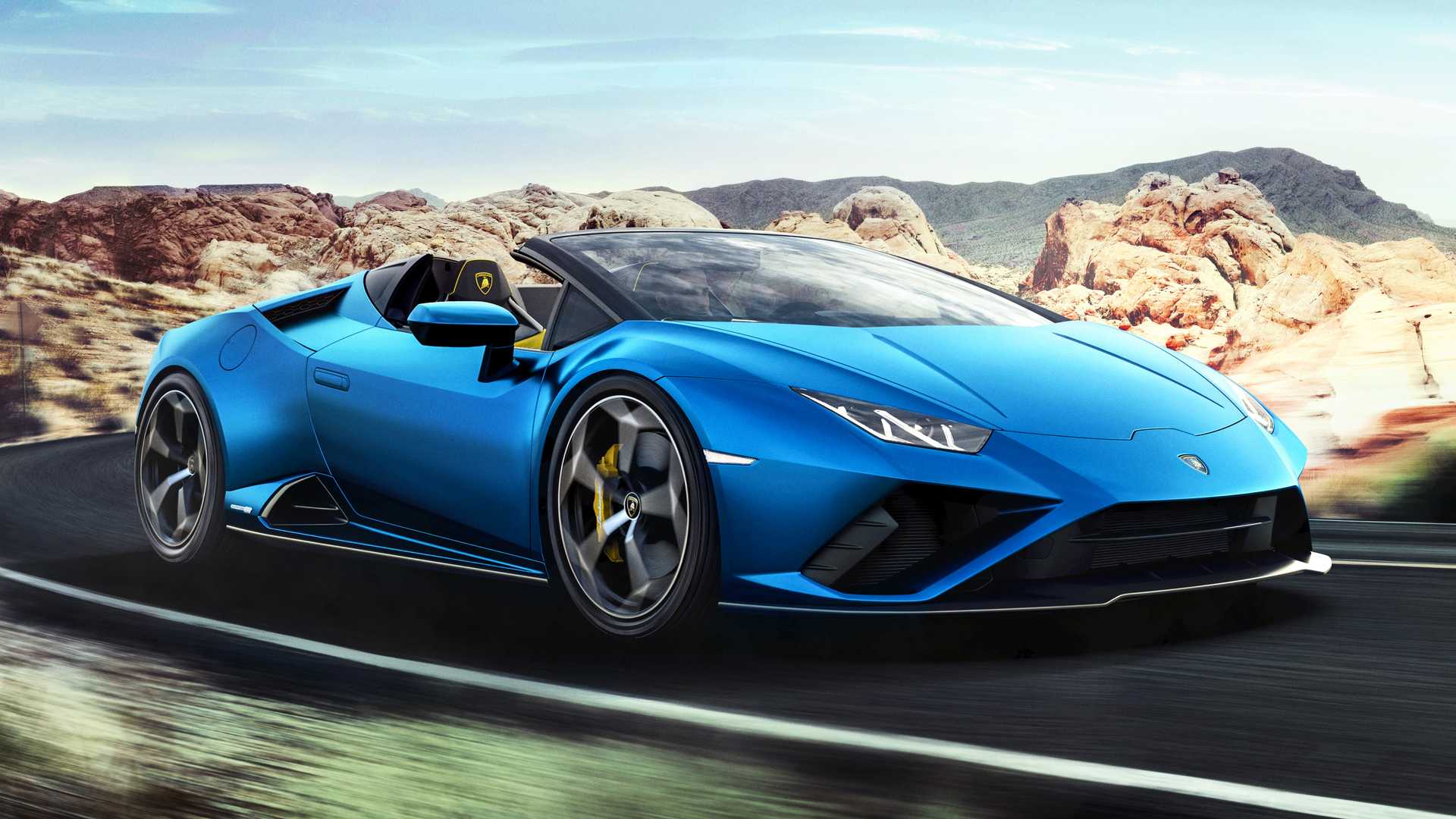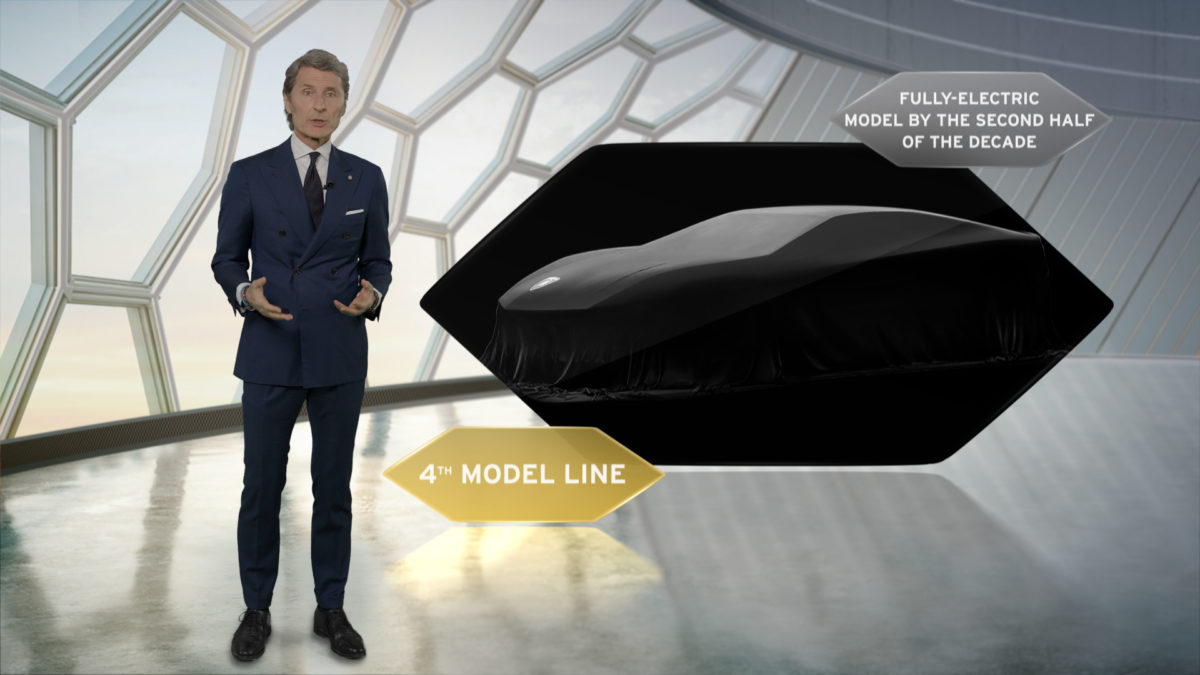Aventador And Huracan Replacements Will Be Plug-In Hybrids, Confirms Lamborghini
Saar: The successors for the Aventador and Huracan are expected in 2020 and 2022 respectively.
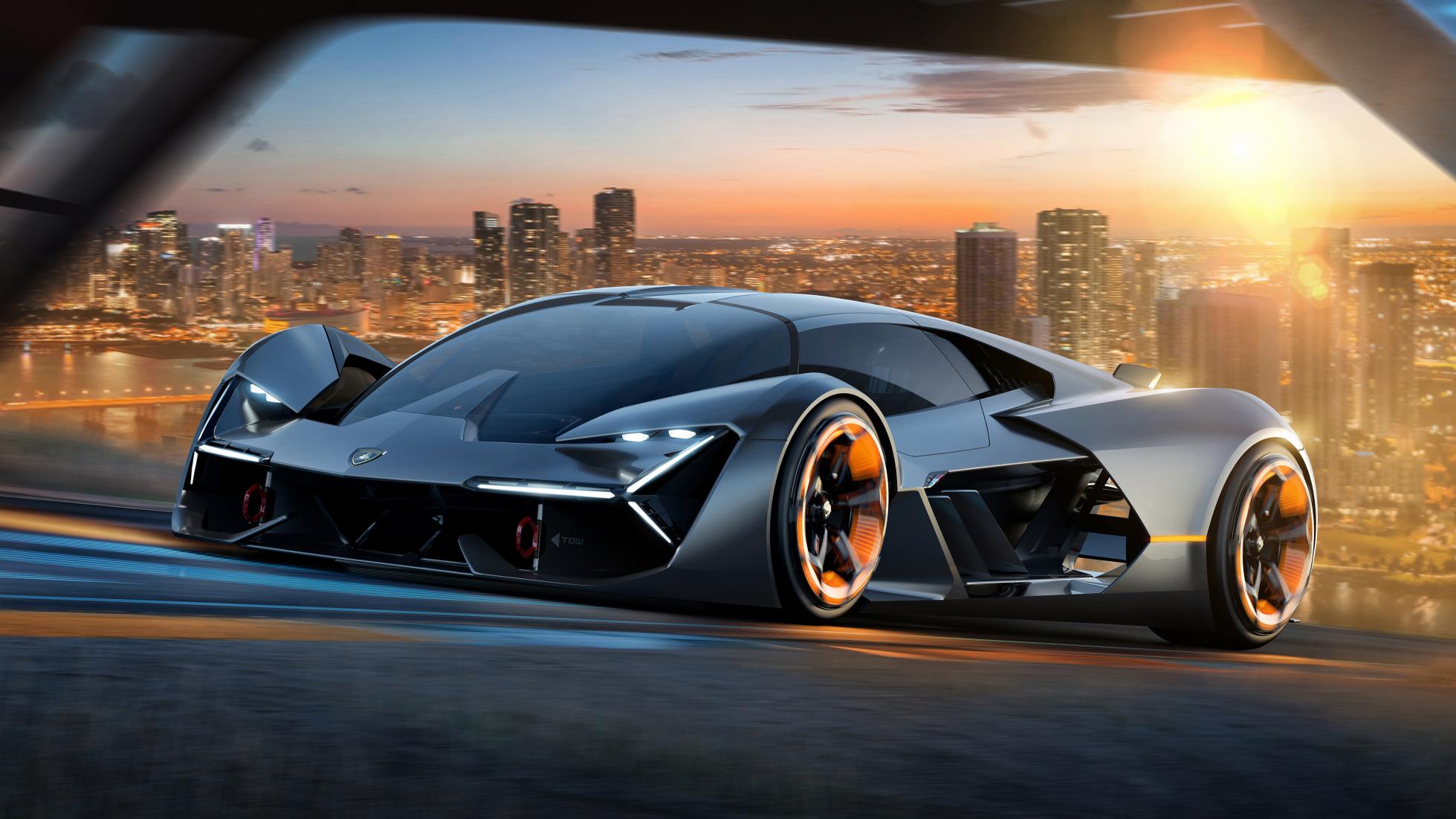
According to a report published by Top Gear, Lamborghini CEO, Stefano Domenicali, has confirmed that the replacements for the Lamborghini Aventador and its baby sibling, the Huracan, will be plug-in hybrids. While the successor to the Aventador is expected to arrive in 2020, the Huracan will be replaced by an all-new model by 2022. It seems then Lamborghini has finally thrown in the towel to meet the stricter emission standards by adopting electrification technology. On the other hand, by taking this mature route, Lamborghini could be bolstering its own image in today’s troubled, polluted times.
Why not turbocharging? Well, Maurizio Reggiani, who is the chief technical officer at Automobili Lamborghini had a firm answer for that:
“As long as I’m technical director, our super sports cars will not have a turbocharged engine. It’s about emotion. If you don’t have emotion, then you have nothing.”
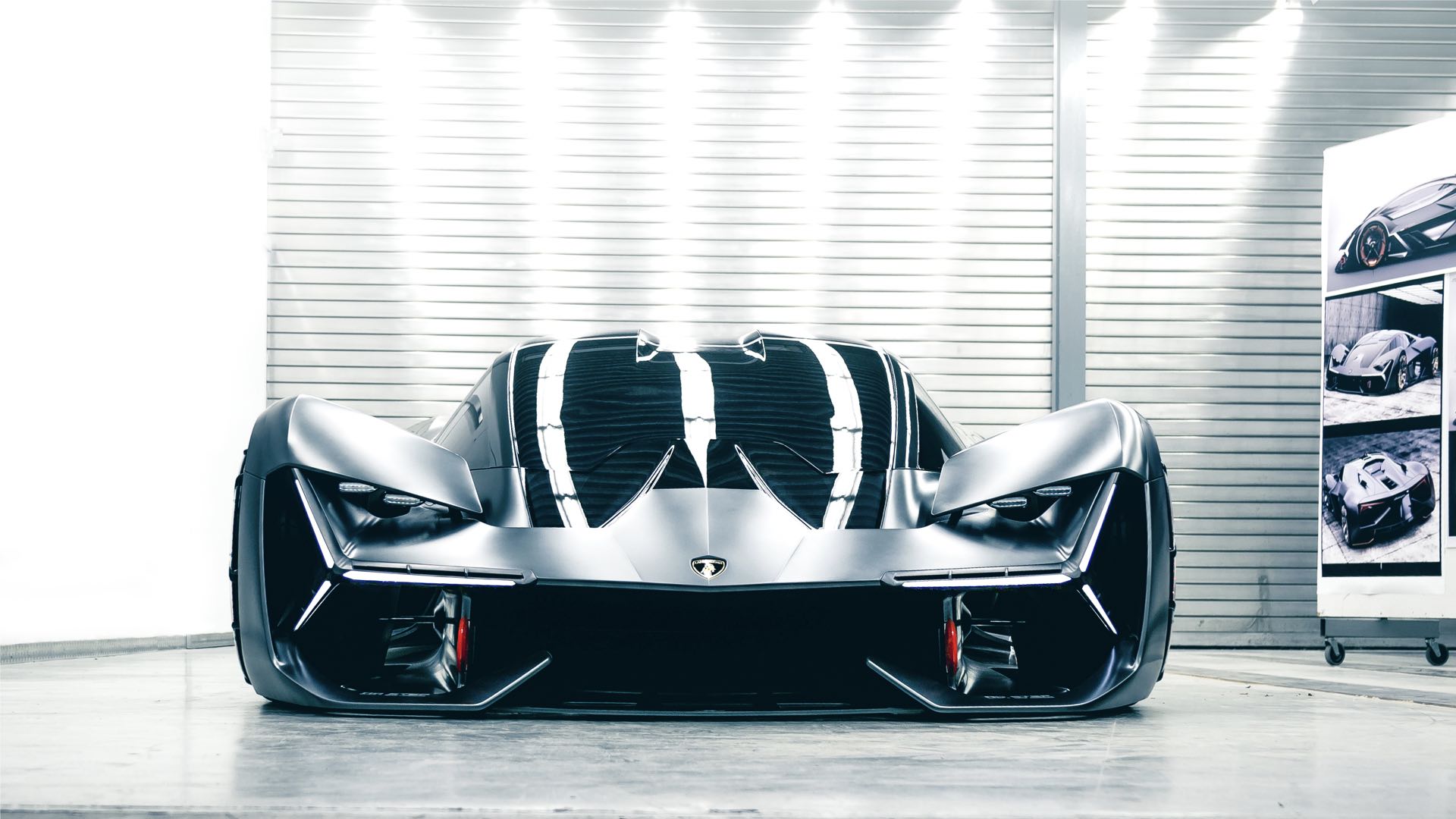
That is a very Italian way of putting things in perspective. But then plug-in hybrids means extra weight in supercars. And as the wise-ones have always said – added weight is inversely proportional to extreme performance. Okay, we admit. That wasn’t said by any wise man. At least not someone who was could put things in simpler words. But let’s put it simply as weight kills everything – acceleration, handling, fuel economy, etc. Not that fuel economy was ever a priority for Lamborghini but you get the point! In case you are wondering, the Urus is the only Lamborghini which has a turbocharged engine.
Reggiani further added:
“The big questions are packaging and weight. Yes, this will be a silent Lamborghini, but push the accelerator and the engine will come. Silence will only last for some seconds then comes the sound.”
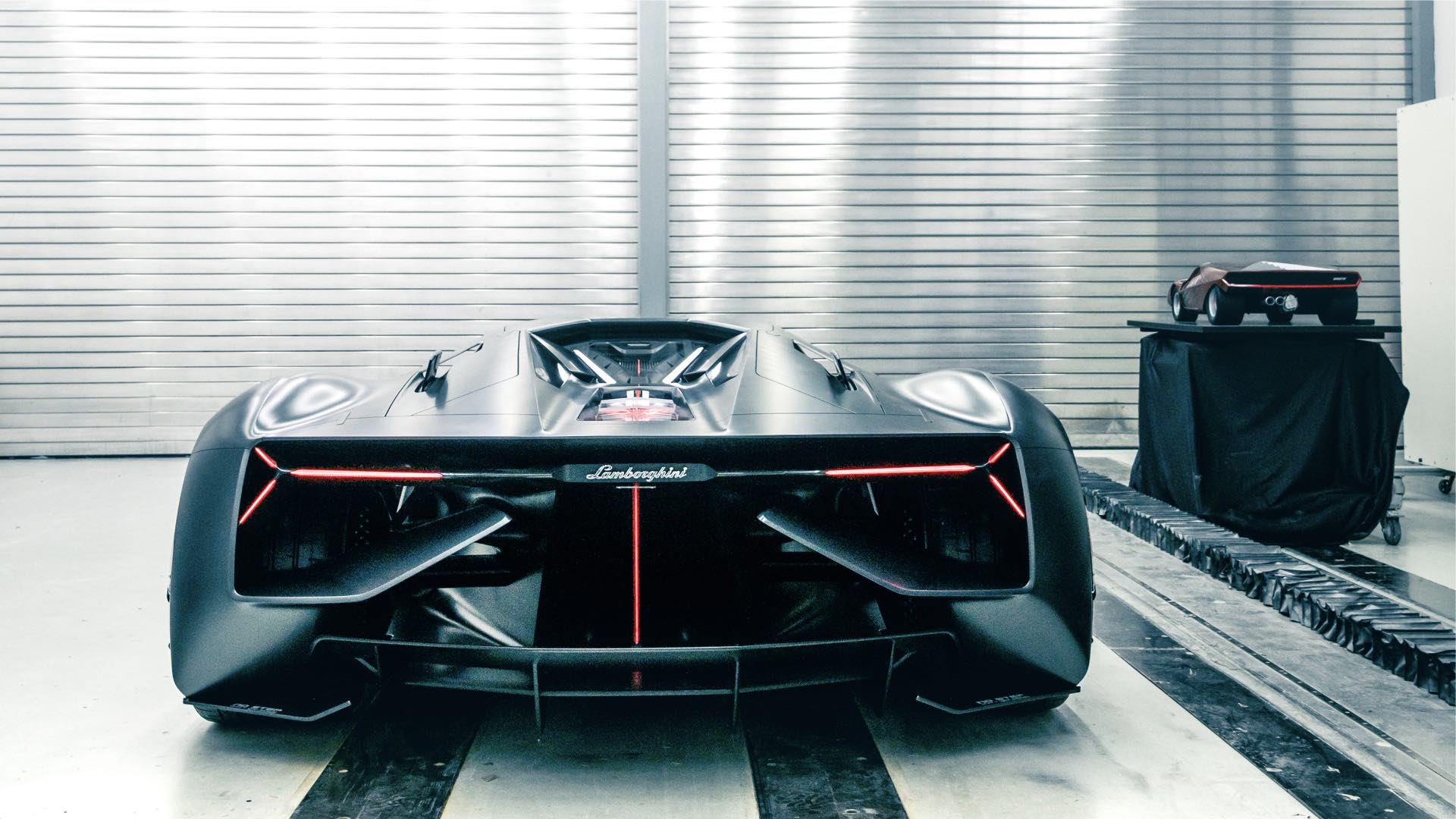
In essence, the naturally aspirated V10 and the V12 engines will live longer than expected. At least for another generation. The added electrification tech to both the said engines will deliver a small, electric-only range. This strategy will help the company reduce its average emissions across its model range. The Urus SUV will also be electrified but that will happen at a later stage. It doesn’t want to tread on Bentley’s path, let’s just keep it at that.
What about an all-electric Lamborghini? Lambo’s CEO mentioned that the required technology for that won’t be ready until 2026. That’s eight years away! But, Domenicali referred to the Terzo Millennio Concept (pictured in this story) and said that the company is ready to build an all-electric supercar when the required technology is at hand. Hybrids, he added, are a step towards that.
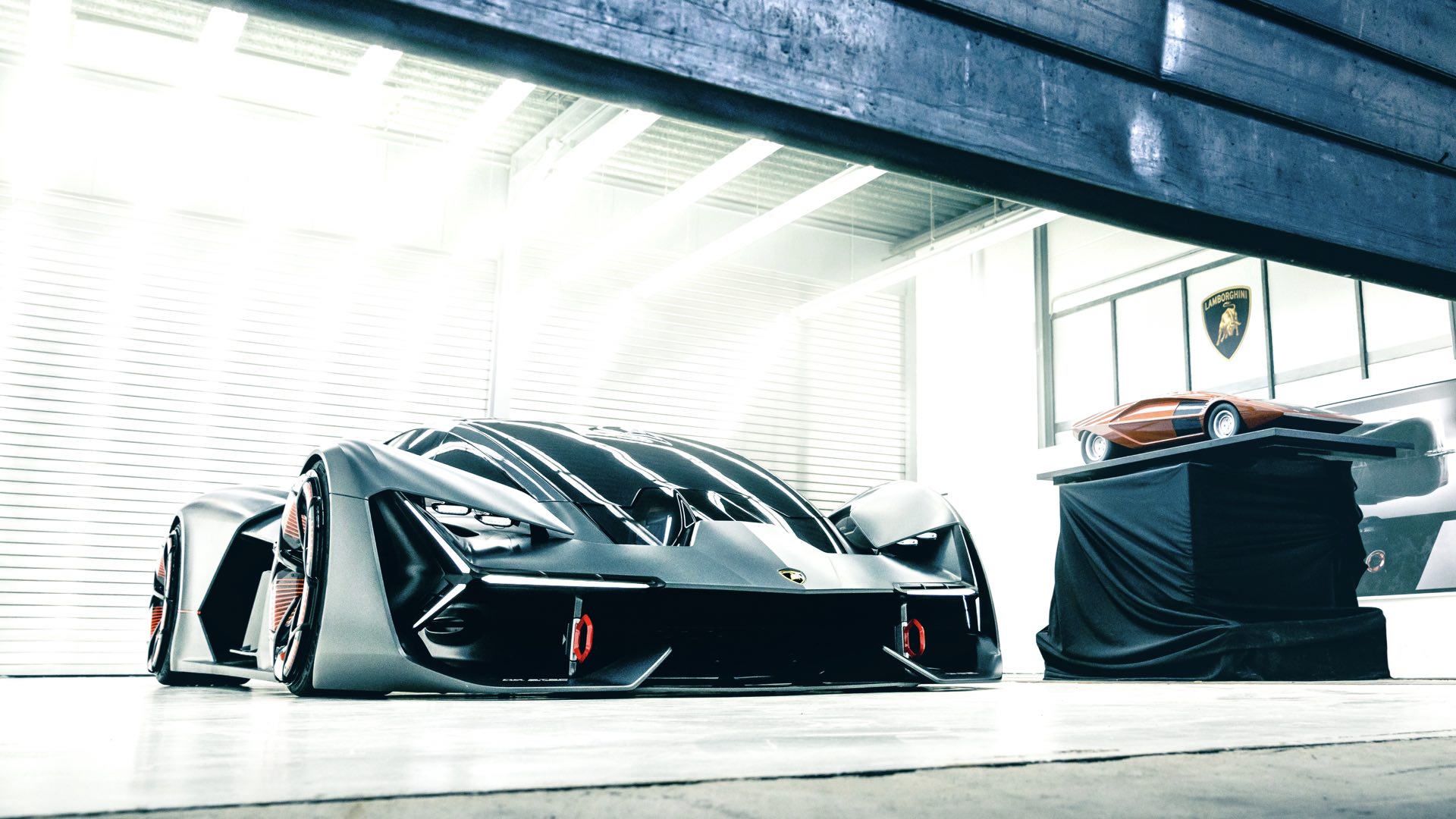
Lamborghini is looking at all possible options for its future products. The highly-touted solid-state batteries, which are tipped to be lighter than lithium-ion packs and at the same time can hold more juice for the electric motors, are obviously on the table. But the eggheads aren’t ruling out the possibility of a hydrogen-powered powertrain either. That’s fuel-cell tech baby!


